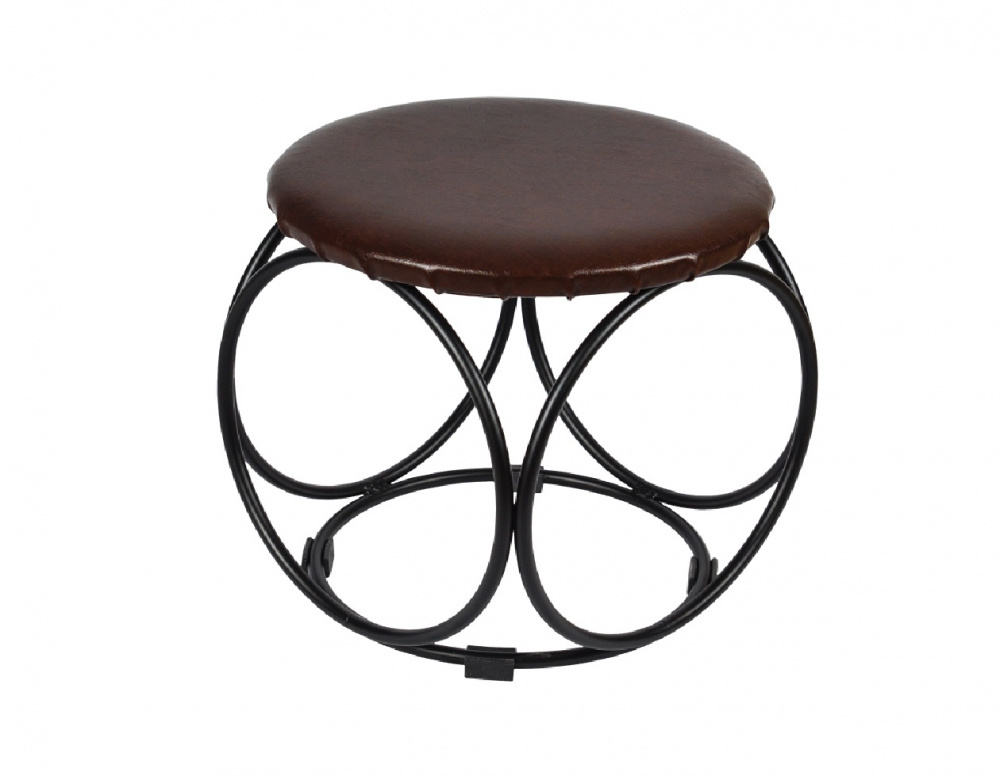
- Window Cleaner
- What is ammonia?
- Rules for working with ammonia
- Other detergents
- Means with vinegar
- My windows with lemon juice
- Using soda
- A bit about washing windows
Washing windows is not a very complicated but responsible process. Of course, it's nice when the sun illuminates the room and its rays do not find on their way a speck of dust, no divorces, no grooves of dirt. Therefore, the choice of means for washing windows must be taken seriously, especially since it does not require large expenditures. Washing windows with ammonia, vinegar and other substances that can be bought for a pittance in the nearest pharmacy, gives a result no worse than the use of expensive special detergents. Why? Let's talk about this.
to the contents ↑Window cleaner for your own hands
Despite the abundance of detergents on the shelves, many still prefer to wash the windows with the tools made by themselves. Why? And everything is very simple. The composition of gels and liquids for washing windows almost always includes the same substances as in domestic, and they are the main components. The difference in price is significant.
Home tools have other advantages:
- you absolutely know exactly what they are made of;
- you can do as much as you need at the moment;
- there are no superfluous plastic bottles or jars.
What can be used for washing windows at home?
In order to prepare an effective and environmentally safe means for washing windows with your own hands, you need:
- ammonia;
- food vinegar;
- alcohol( can be technical);
- starch;
- glycerol;
- baking soda;
- water;
- atomizer;
- funnel.
What is ammonia alcohol?
Ammonium alcohol can be bought at any pharmacy. It is sold as a solution in small bottles. Opening the bottle, you will feel a pretty sharp smell. Despite the fact that you bought this substance in the pharmacy, it is definitely not worth taking a deep breath of it - you can burn the upper respiratory tract. Even when ammonia was used to remove a person from a faint, he was brought very cautiously to the nose of the patient.
Important! Ammonia contains ammonia in its composition. It perfectly dissolves acids. That is why it is used for cleaning a wide variety of surfaces. The most important thing in this situation is not to overdo it and make an effective solution according to the proportions.
to the contents ↑Rules for working with ammonia
To make a solution for washing windows at home, you will need several more things:
- measuring cup;
- enameled, ceramic or porcelain container:
- bucket;
- wooden stick or spoon;
- pipette;
- gloves;
- respirator( if you do not tolerate sharp odors very well).
Option 1
This is the lightest solution for washing windows with ammonia to be quick and simple:
- Pour 5 liters of water into the bucket.
- Add 5 ml of ammonia to the water.
- Mix everything( alcohol dissolves easily in water, so it's not necessary to interfere for long).
Option 2
You will need ammonia and glycerin for this detergent. On sale you can find ammonia in different packages. Sometimes it's just a bubble with a twisting lid, and sometimes - at the end something like a cone, like a nose-drops. In the first case, you will need an eyedropper.
What to do with this:
- In a small jar( preferably a glass jar), pour a glass of water( about 200 g).
- Add 5 drops of ammonia to the water.
- There pour in a drop of glycerin.
- All this pour into the spray.
Important! Glycerin perfectly protects the glasses from freezing, so this composition simply has no equal to wash the windows before winter.
Option 3
This product is suitable for washing any glass and crystal surfaces, but it is very simple:
- Pour 2 tablespoons of vinegar into the spray bottle.
- Add 2 tablespoons of water.
- Shake.
Other detergents
Washing windows with ammonia is the most convenient, but it can happen that it is not at hand. But you can get rid of other substances - vinegar, starch, alcohol, lemon juice.
Option 1
For a simple and effective cleaning for windows you will need:
- 2 cups of water;
- a quarter of a cup of vinegar;
- a quarter of a glass of alcohol, conventional or technical;
- 1 tablespoon of starch.
With vinegar and alcohol everything is clear, and for what in the detergent add starch? Of course, you can do without it. But starch very nicely removes dirt, which always remains in the bumps. It destroys the hydrogen bonds, the mud dissolves - and the glass is almost perfectly clean. In any case, there will not be any divorce on him. 
How to prepare this tool for washing windows with your own hands:
- In a glass jar, pour starch.
- Pour the starch with warm water, stir and shake.
- Add alcohol to the mixture.
- Then pour the vinegar and mix everything.
- Pour the formulation into a spray gun - it is useful to have a funnel for this.
Important! If there is a remedy left in the bank, you have to mark it somehow - sign or add a small amount of food coloring. This is especially important if you use technical alcohol or if there are small children in the house.
Option 2
Starch is part of another detergent solution. It is made so:
- In a jar, pour 1 tablespoon of starch.
- Also pour 1 liter of water.
- Stir and apply to windows.
- Remove excess starch with a napkin.
Vinegar remedy
Vinegar also perfectly launches the glass. The simplest washing can be prepared as follows.
Option 1:
- Pour 50 ml of food vinegar into a jar or bottle.
- Add a glass of water to it.
- Stir.
- Pour the solution into a spray gun.
Option 2
Do you like foam solutions?- You can cook this:
- Take half a teaspoon of liquid soap.
- Add 3 tablespoons of vinegar.
- Fill all this with two glasses of water and mix.
- Like many other products, it is applied using an atomizer.
Option 3
Do not always wash the windows with ammonia. You can even get tea. Tea welding is also an excellent tool for washing windows. Brew very strong tea. For 1 cup add 3 tablespoons of vinegar.
to the contents ↑My windows with lemon juice
Lemon juice is also used for cleaning a wide variety of surfaces, including window panes. The effect of it is the same as that of vinegar, but it smells much more pleasant. The juice is most easily squeezed by yourself.
Option 1:
- Pour 50 ml of lemon juice into the jar.
- Add 1 glass of water.
- Stir.
- Apply to the window using a spray gun.
Option 2
It is better to prepare this preparation ahead of time. You do not use lemon juice, but the skin that needs a lot:
- Fill the jar with lemon peel to the top.
- Pour the rind with cider vinegar( 9%).
- Close the jar with a leak-proof lid and leave to stand for 2 weeks.
- Strain the resulting mixture.
Important! For washing windows, liquid is used. This infusion is also suitable for washing floors, kitchen furniture and other surfaces. In addition, the lemon cleans the air very well.
to the contents ↑Using soda
Soda is also a very useful tool for washing windows, especially if you need to wash off the paint or glue( for example, after New Year's holidays):
- Pour 2 liters of water into a bucket or can.
- Add 0.25 cups of soda to it.
- Pour 100 ml of vinegar.
A bit about washing windows
It is not difficult to prepare a detergent for washing. But in what order to wash so that there will not be any divorce? Also what for this purpose it is necessary still? Let's start with the equipment. In addition to the components for detergent solutions, you will need:
- sponge;
- rags;
- long mop with telescopic handle;
- scraper for ceramic surfaces;
- detergent for the profile.
How to proceed:
- First of all, wash the profile and the window sill. If dirt gets on them from the windows, you can easily remove it. It is better to start the wash from above.
- After you figure out the profile, start washing the glasses - it's more convenient to clean the outside first, and a telescopic mop will do this.
- Make a detergent with ammonia, vinegar or other useful substances.
- Apply by spray gun.
- Rinse with plenty of water.
- Remove excess water with paper towels. Dry the windows with rags.
We hope that after reading this article you are convinced that washing windows with ammonia, soda, starch, vinegar, lemon and other means is very simple and qualitative. Apply these recipes in practice and you do not have to constantly spend large sums to buy expensive household chemicals.



